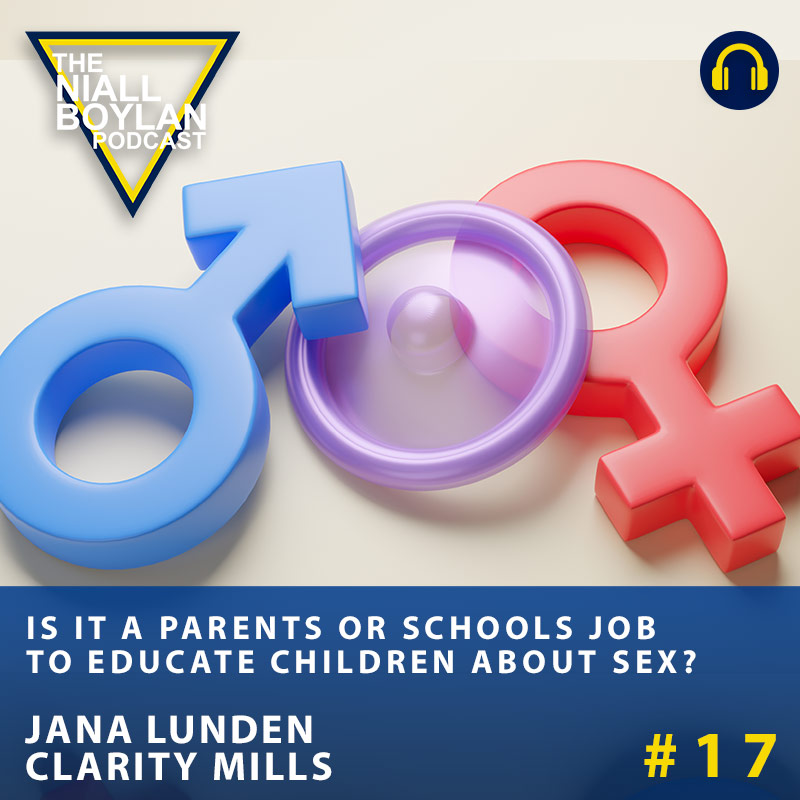
Paws for Thought: Should Staffordshire Bull Terriers Be Banned? Episode 292
-
play_circle_filled
Paws for Thought: Should Staffordshire Bull Terriers Be Banned? Episode 292
Niall Boylan
In this episode, Niall raises the question: Should Staffordshire Bull Terriers be banned? The discussion follows an alarming incident where a listener, a delivery driver, was attacked by two Staffordshire bull terriers over the weekend. The listener argues that these dogs should be added to the list of breeds banned under new dangerous dog laws. But is the breed itself the issue, or should we be looking at the behavior of their owners?
Some callers are in full support of a ban. They believe Staffordshire bull terriers are inherently dangerous, citing a history of aggressive incidents involving the breed. For these callers, the risk of severe attacks is too high to ignore, and they argue that it’s not just about bad owners anymore—certain breeds pose a greater danger than others. They emphasize that these dogs can inflict serious harm, and banning them is a necessary step to protect the public from future attacks.
On the other hand, other callers firmly believe that the breed itself isn’t the problem—it’s how the dogs are raised. They argue that plenty of Staffordshire bull terriers are loving, loyal pets that have never shown any signs of aggression. The issue, they say, lies with irresponsible owners who don’t train or handle their dogs properly. Banning the breed would unfairly punish responsible owners and wouldn’t address the root cause of dangerous dog behavior. Instead, they suggest stricter regulations on dog ownership and better enforcement of existing laws.
Niall wraps up the episode by acknowledging the strong opinions on both sides of the debate. He points out that while the risk of dangerous dogs is a serious concern, it’s important to weigh the impact on responsible owners and the broader issue of accountability in dog ownership. Ultimately, the question of whether to ban certain breeds remains a complex and highly emotional issue.








